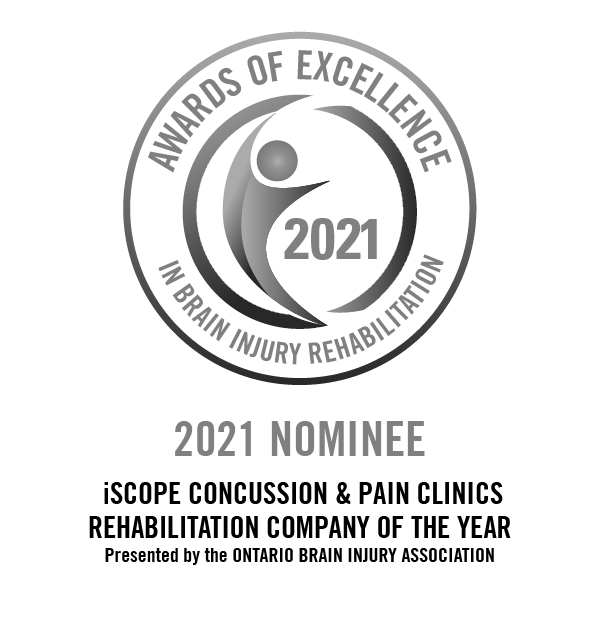Understanding Vertigo, BPPV, and the Role of Vestibular Therapy
One of the most common and debilitating conditions we encounter at iScope is vertigo. People often describe vertigo as a sensation that the room is spinning or moving when, in fact, they are standing still. This dizzying experience can severely impact daily life, affecting everything from balance to the ability to focus and perform routine tasks.
Vertigo is often a symptom of an underlying vestibular disorder—an issue related to the inner ear or brain that affects balance and spatial orientation. One of the most frequent causes of vertigo is benign paroxysmal positional vertigo (BPPV). BPPV occurs when tiny calcium crystals (called otoconia) dislodge from their normal location in the utricle and end up in one of the ear’s semicircular canals. These crystals disrupt the normal fluid movement within the canal, causing the brain to receive false signals about head movement, resulting in the sensation of dizziness or spinning.
What is BPPV?
BPPV is termed “benign” because it is not life-threatening, “paroxysmal” because it comes in sudden, brief episodes, and “positional” because it is triggered by specific head movements or positions. People with BPPV often experience vertigo when they lie down, turn over in bed, look up, or bend down. Though the episodes are brief, they can be intense, causing nausea, imbalance, and a feeling of being off-kilter for hours or even days.
Why Vestibular Therapy is Key
When a patient is diagnosed with BPPV or other vestibular disorders, vestibular rehabilitation therapy (VRT) is often the most effective course of treatment. As vestibular specialists, we have seen firsthand the transformative effects that therapy can have on patients who suffer from persistent vertigo. Here’s why:
-
Targeted Treatment: VRT is specifically designed to address vestibular disorders by retraining the brain to compensate for abnormal signals coming from the inner ear. For BPPV, this often involves a series of specialized repositioning maneuvers that guide the displaced otoconia out of the semicircular canals and back to their proper location. The most well-known of these maneuvers is the Epley maneuver, which has a high success rate in alleviating symptoms in just a few sessions.
-
Improves Balance and Function: VRT goes beyond treating just the vertigo. It also focuses on improving overall balance, coordination, and gait. This is crucial for individuals whose vertigo has led to falls or a fear of moving, which can, in turn, lead to decreased activity and further health complications.
-
Non-Invasive and Drug-Free: Vestibular therapy is a non-invasive treatment option that doesn’t require medications, which often come with side effects. Instead, it uses exercises and movements tailored to each patient’s specific condition. The beauty of vestibular therapy lies in its ability to offer long-lasting relief without the risks associated with surgery or pharmaceuticals.
-
Restores Confidence and Quality of Life: Many patients with BPPV or chronic vertigo feel anxious about leaving their homes or engaging in activities because of the unpredictability of their symptoms. Vestibular therapy helps restore confidence by gradually reducing symptoms and teaching patients strategies to manage episodes of dizziness if they arise.
Long-Term Success
While BPPV can recur, patients who undergo vestibular therapy have tools to address future episodes should they arise. Education is a cornerstone of therapy, teaching patients how to recognize triggers and self-manage symptoms if they reappear. For many, the therapy provides not only relief but also empowerment.
For individuals suffering from vertigo, particularly BPPV, vestibular rehabilitation therapy is often the best course of action. It is highly effective, non-invasive, and equips patients with the tools they need to regain control of their balance, mobility, and overall quality of life. As specialists in vestibular rehab, our goal is to help our patients move past the dizziness and back into a life they can enjoy without the constant worry of vertigo holding them back.
Call us at 604-900-7007 or click the Book Now buttton at the top to get started.



